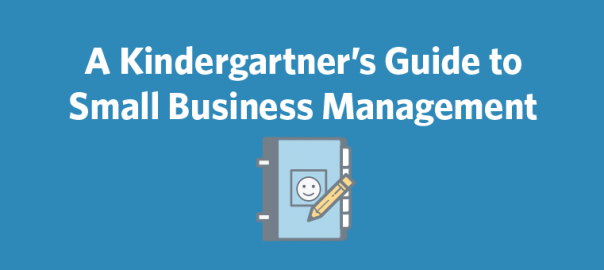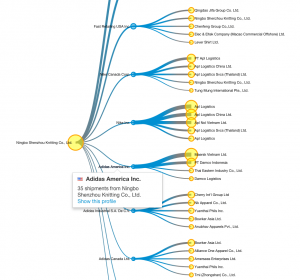
Robert Fulghum’s best-selling collection of essays, All I Really Need to Know I Learned in Kindergarten, has sold millions of copies and resulted in various spin-offs since first publishing in 1989.
His works remind me of a category that used to be on Kindergarten report cards. Back in the day we were rated on this report card line item: “Works and plays well with others.” What was really being measured in that report card category was a child’s niceness and teamwork abilities.
In today’s post, let’s take a leaf out of Fulghum’s book and think about what Kindergarten report cards can teach us about small business management.
Bosses shouldn’t be bossy
It turns out that being nice pays off in the workplace, as well as in the Kindergarten classes of (August 18, 2015). Bosses that are bossy will not get the same performance out of their employees as bosses who know how to work nicely with their charges.
Christine Porath is an associate professor at Georgetown University’s McDonough School of Business and she shared some results of a study she performed in the New York Times.
Here’s what she said:
“… the experimenter belittled the peer group of the participants, who then performed 33 percent worse on anagram word puzzles and came up with 39 percent fewer creative ideas during a brainstorming task focused on how they might use a brick. In our second study, a stranger – a “busy professor” encountered en route to the experiment — was rude to participants by admonishing them for bothering her. Their performance was 61 percent worse on word puzzles, and they produced 58 percent fewer ideas in the brick task than those who had not been treated rudely. We found the same pattern for those who merely witnessed incivility: They performed 22 percent worse on word puzzles and produced 28 percent fewer ideas in the brainstorming task.”
Poor treatment in, poor results out
The conclusion here is that if you treat people poorly, you will get poor results and I suspect that the results, in the long term, could be even worse in the workplace than it was in the experimental setting Porath had created.
I say this because the subjects in this experiment were merely exposed to a single dose of rudeness. You can probably relate to this. When you run headlong into a rude person, it puts you on edge, occupies your thinking and prevents you from concentrating.
However, if your boss is routinely rude, not only will you experience those negatives, you’ll stop caring and perhaps eventually decide (either consciously or subconsciously) to sabotage the boss.
This is not a formula for productivity or a world-class customer experience.
Have you ever walked into an environment where everyone seems to be either angry, apathetic, or on edge? It’s not likely an environment that you’d like to return to.
Instead, think of ways you can keep your employees motivated through positive encouragement and small acts of kindness.
This is a very simple lesson in management, but also one that is worth revisiting from time to time: Be nice to your employees and, in turn, they’ll be nice to your customers.
That’s one of the first steps to creating a business that your customers will want to return to again and again.
Do you have any advice for keeping your employees happy and motivated? Share your experiences in the comments.
(127)
Report Post






